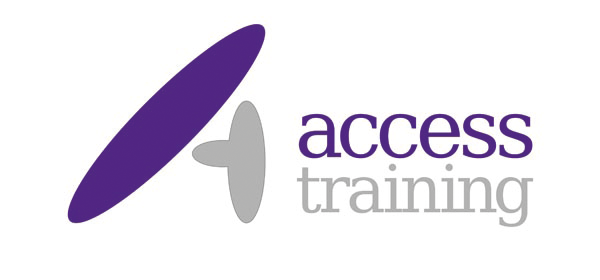New European Directive: Implications for Businesses Trading with European Partners
For businesses trading with European partners, staying on top of cybersecurity compliance has become more critical than ever. The NIS2 Directive (Directive on measures for a high common level of cybersecurity across the Union) represents the latest EU-wide legislation, designed to enhance cybersecurity measures and resilience across both public and private sectors.
Understanding the NIS2 Directive
The NIS2 Directive, which came into force in 2023, updates and expands the cybersecurity rules first introduced in 2016. This modernised framework ensures that organisations are better equipped to face the rapidly evolving cybersecurity landscape. It also broadens its scope to cover more sectors, including energy, transport, banking, healthcare, and digital infrastructure, requiring businesses in these industries to implement robust cybersecurity measures and report serious incidents to relevant authorities.
Gary Phillips, our IT Technical Trainer at MTC Training, has highlighted the importance of the NIS2 Directive and connected this with our CompTIA Cybersecurity Analyst+ (CySA+) course. He has emphasised that compliance is not limited to businesses within the EU, but also affects those trading with European partners.
Strengthening Cybersecurity Through Training
Given the expanded scope of the NIS2 Directive, businesses now face more stringent requirements for cybersecurity. This includes improving their resilience to cyberattacks and ensuring that appropriate measures are in place to respond effectively to security incidents. CompTIA CySA+ (CS0-003) certification is a powerful tool for professionals looking to strengthen their organisation’s cybersecurity framework in line with these new regulatory demands. It is through these practices and procedures that this course can help analyse incidents, which aligns with NIS2 requirements.
The CySA+ course, led by Gary Phillips, focuses on essential skills such as threat and vulnerability analysis, digital forensics, and incident response—skills crucial for meeting NIS2 requirements. The course also covers the use of advanced security tools, techniques for conducting environmental reconnaissance, and how to analyse and interpret data to respond to potential threats swiftly.
By equipping participants with a deep understanding of cybersecurity frameworks, including the principles set out by the NIS2 Directive, this course ensures that professionals can:
- Recognise and mitigate vulnerabilities in line with regulatory standards.
- Report and handle security incidents effectively, as required under the NIS2 Directive.
- Strengthen the overall security architecture of their organisations, ensuring compliance with European cybersecurity laws.
Why Cybersecurity Training is More Critical Now
The NIS2 Directive has introduced higher expectations for companies across many sectors. Cybersecurity specialists, such as IT Security Analysts, SOC Analysts, and Vulnerability Analysts, play a crucial role in ensuring businesses comply with these new rules. The CompTIA CySA+ certification, which prepares professionals for these roles, provides not only a comprehensive skill set but also a direct pathway to understanding and meeting the cybersecurity demands introduced by NIS2.
The next CySA+ course will be coming soon, so please contact us at sales@mtc-training.co.uk. This is an excellent opportunity for IT professionals to ensure they are well-prepared to address the challenges brought on by the NIS2 Directive.
In the face of growing cybersecurity challenges and tighter regulatory controls under the NIS2 Directive, businesses that invest in skills development, such as the CySA+ certification, will be better positioned to protect themselves and their partners. Additionally, we offer other relevant courses, including the CompTIA Security+ and Certified Ethical Hacker (V13) courses, which provide further support for IT professionals looking to enhance their security knowledge and continue their development in the field of cybersecurity.

